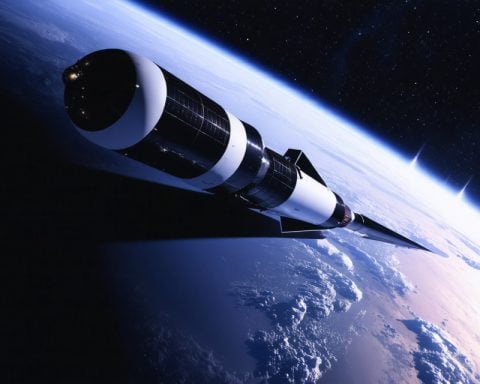In a significant development for the Ukrainian Air Force, the United Kingdom has played a crucial role in preparing Ukrainian pilots for flying Western aircraft, despite not being an operator of the F-16. The Royal Air Force (RAF) recently celebrated a new milestone with the graduation of another group of Ukrainian pilots. This ceremony was attended by Luke Pollard, the UK’s Minister for the Armed Forces, underscoring the UK’s commitment to supporting Ukraine.
The International Coalition
As Denmark, Norway, and the Netherlands lead efforts to send F-16 jets to Ukraine, countries like the UK and France have stepped up to provide essential training for Ukrainian pilots. This foundational training equips pilots for more advanced instruction on aircraft like the F-16, preparing them for Western-standard operations.
With the recent class, the UK has now trained a total of 200 Ukrainian pilots with the RAF’s Grob Tutor T.Mk 1 aircraft forming the foundation of their preliminary training. This comprehensive training regimen includes general handling procedures, instrument configurations, and formation techniques.
Future Training Prospects
The RAF acknowledged that this graduation is just the beginning. Selected pilots will soon begin advanced training courses at locations such as the European F-16 Training Center in Romania, benefitting from state-of-the-art flight simulators and actual F-16 fighters. European allies like the Netherlands have bolstered these efforts by contributing aircraft to the training program.
Concurrently, the Ukrainian Air Force is already integrating F-16s provided by ally nations, notably Denmark and the Netherlands, as part of a broader strategic realignment. These contributions signify a profound shift in Ukraine’s air capabilities, bringing them closer to NATO standards.
How International Support for Ukrainian Pilots Transforms Global Military Dynamics
In an ever-evolving global military environment, the training of Ukrainian pilots by Western nations represents more than just enhanced aviation skills; it’s a strategic realignment with wide-reaching implications for international relations and military alliances.
A New Era of Military Collaboration
The collaboration between Ukraine and predominantly Western nations, including the UK and France, shines a spotlight on the growing international coalition aimed at not just supporting Ukraine but also redefining alliances in Europe. This coalition effort underscores a pivotal shift in military support dynamics, with countries uniting to aid Ukraine’s defensive capabilities against potential aggressors.
Impact on European Security
The training and integration of Ukrainian pilots into Western-standard operations holds profound significance for European security. It signals to both friend and foe that Europe is willing to invest significant resources into the security and military capabilities of its neighbors and potential future allies. This move strengthens the defensive posture of the European Union and NATO, providing a deterrent effect against aggressive actions from adversarial nations.
Advantages of This Partnership
An obvious advantage of this initiative is the enhancement of Ukraine’s military capabilities, allowing them to counter threats more effectively and align more closely with NATO strategies and operations. This increases the interoperability between Ukrainian forces and NATO, potentially paving the way for deeper integration in the future.
Challenges and Controversies
However, this move is not without its controversies. Critics argue that such partnerships might escalate tensions with countries like Russia, potentially leading to heightened confrontations. Furthermore, the economic cost of such extensive training programs and military aid—borne largely by Western taxpayers—raises questions about long-term commitments and the sustainability of such initiatives.
Key Questions Arising
1. How Sustainable is Long-term Support?
While the immediate need for training and resources is clear, questions remain regarding how long such international support can be sustained, both financially and politically. The continued backing of Western nations hinges on future geopolitical developments and domestic political climates within these countries.
2. What Are the Broader Implications for Military Innovation?
With diverse nations banding together to support Ukrainian forces, there is a potential for accelerated military innovation. This includes the development of joint training programs and the sharing of technology between nations, fostering a new era of collaborative defense research and development.
Conclusion and Further Reading
This collaborative training effort marks a remarkable shift not only for Ukrainian military prowess but for European and global military alliances. As this partnership continues to develop, its impact will likely reverberate throughout international military strategy and policy.
For further insights into military collaborations and international defense dynamics, visit the following links:
– NATO
– Royal Air Force







